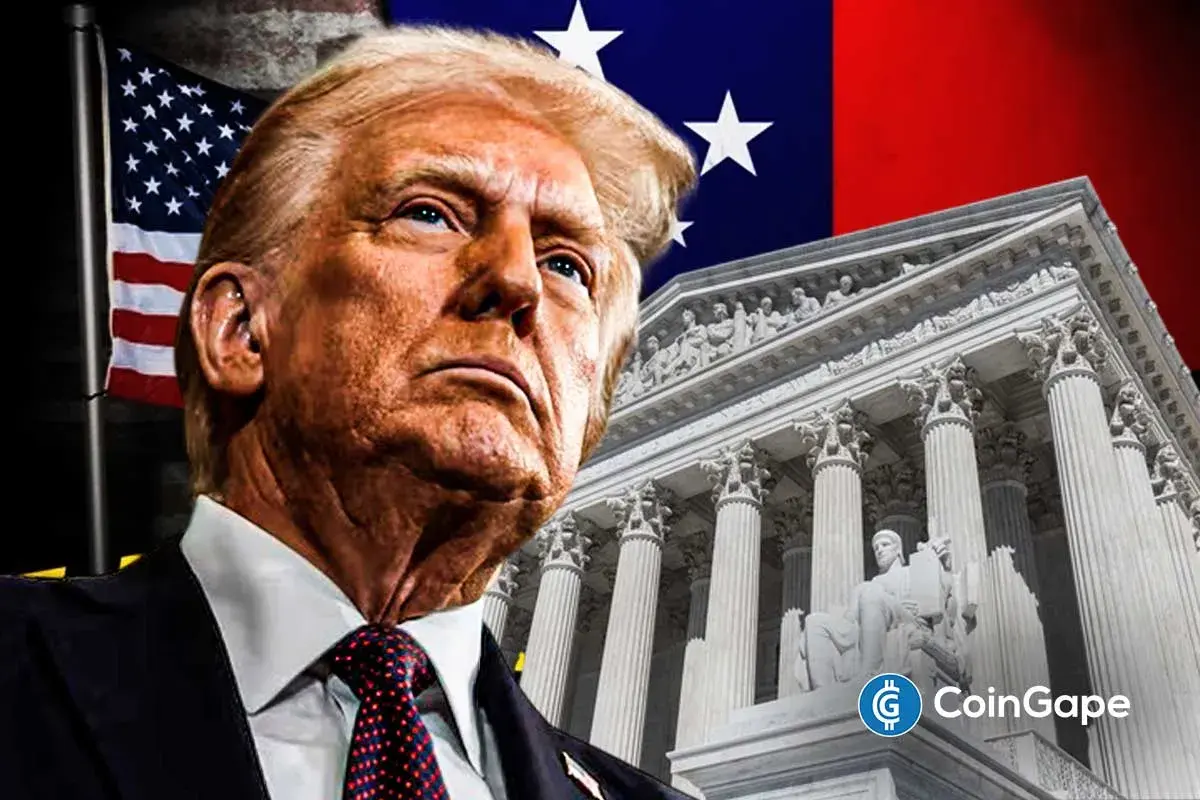Ripple CTO Takes a Jibe at Elitist AI Control

In a recent interaction on the X social media platform, Ripple’s Chief Technology Officer, David Schwartz, voiced his concerns over the idea of restricting access to open-source artificial intelligence products. His comments were in response to an article published by IEEE Spectrum, where he highlighted the potential dangers of elite control in the realm of AI.
Ripple CTO Responds to IEEE Spectrum Article
David Schwartz, the CTO of Ripple and a key figure in the development of the XRP Ledger, expressed his views on an IEEE Spectrum article that discussed the regulation of AI systems. Schwartz emphasized the importance of decentralization in AI, critiquing the article’s suggestion that average users should be limited to AI tools with certain “security features”. He sarcastically noted that this approach would leave the public with tools that are purged of what elites consider “wrongthink,” incapable of challenging societal assumptions or supporting controversial viewpoints.
Schwartz’s remarks point to a growing debate in the tech industry about the balance between open access to AI technology and the need for responsible oversight. His stance highlights the concern that too much control in the hands of a few could stifle innovation and the free exchange of ideas.
Broader Industry Perspectives on AI
This discussion comes at a time when the tech industry is abuzz with AI advancements and their implications. Billy Markus, co-creator of Dogecoin, recently tweeted about using AI for various learning opportunities in 2024, ranging from coding to music composition. This reflects a wider interest in leveraging AI for personal and professional development.
Meanwhile, Elon Musk, a prominent figure in technology and entrepreneurship, shared his optimistic outlook on AI. In a recent interview, Musk predicted that within three years, AI could achieve feats like writing novels at the level of J.K. Rowling and making breakthroughs in physics. His perspective adds to the ongoing conversation about the potential and limits of AI technology.
These diverse views from industry leaders underscore the rapid evolution of AI and its growing impact on different sectors. As AI continues to advance, debates like the one sparked by Schwartz’s comments are likely to become more prominent, shaping the future of technology and its role in society.
The debate around AI control and access has significant implications. On one hand, unrestricted access to AI technologies promotes innovation and democratizes knowledge. On the other, it raises concerns about ethical use, misinformation, and the potential for harmful applications. Finding a balance between these competing interests is a challenge that technologists, policymakers, and the public must grapple with.
Schwartz’s commentary adds an important dimension to this debate, emphasizing the need for caution against elite control that could limit the transformative potential of AI. His perspective encourages a broader discussion about how society can harness the benefits of AI while mitigating its risks.
Read Also: Moody’s Warns of Risks in Rising Tokenized Investment Funds
- Trump’s Truth Social Files For Bitcoin, Ethereum, Cronos Crypto ETFs Amid Institutional Outflows
- Trump Tariffs: U.S. Supreme Court Sets February 20 for Potential Tariff Ruling
- Brazil Targets 1M BTC Strategic Reserve to Rival U.S. Bitcoin Stockpile
- Breaking: U.S. CPI Inflation Falls To 4-Year Low Of 2.4%, Bitcoin Rises
- Bitget Launches Gracy AI For Market Insights Amid Crypto Platforms Push For AI Integration
- Bitcoin Price Outlook As Gold And Silver Lose $3.6 Trillion in Market Value
- XRP and Ethereum Price Prediction as Trump Seeks to Lower Key Tariffs
- Solana Price Prediction as $2.6 Trillion Citi Expands Tokenized Products to SOL
- Bitcoin Price Could Fall to $50,000, Standard Chartered Says — Is a Crash Coming?
- Cardano Price Prediction Ahead of Midnight Mainnet Launch
- Pi Network Price Prediction as Mainnet Upgrade Deadline Nears on Feb 15


















